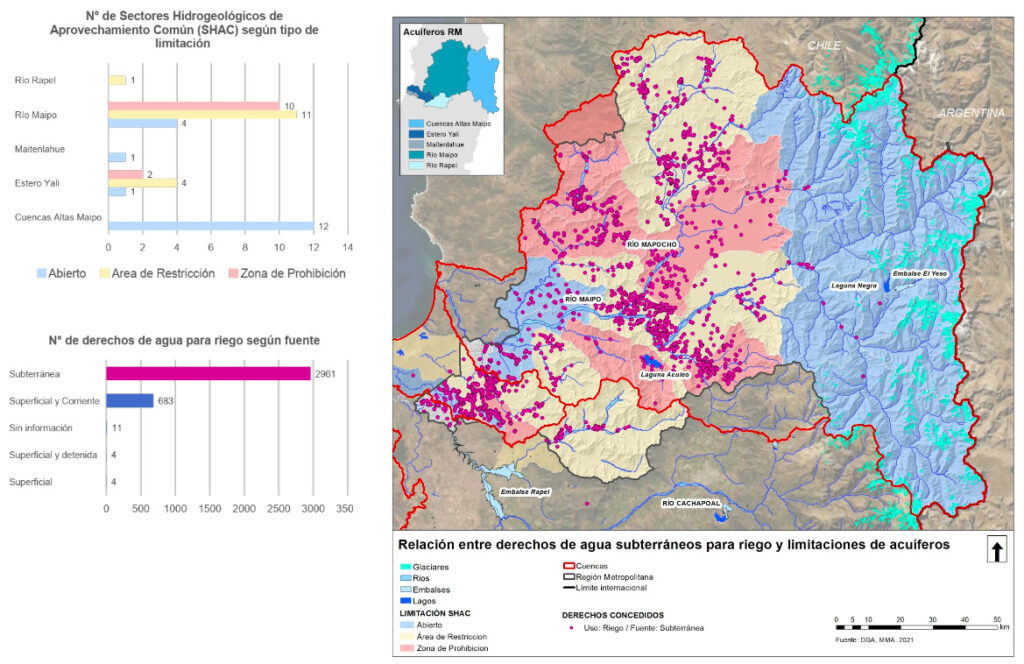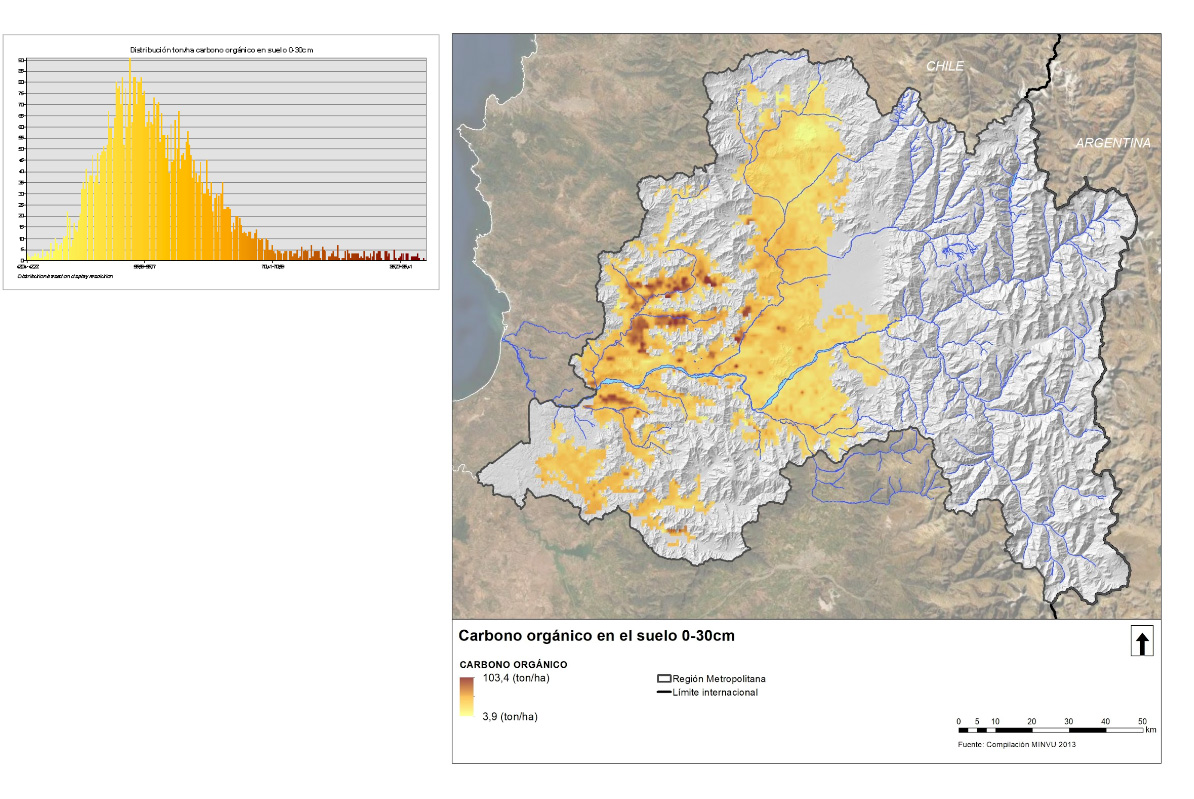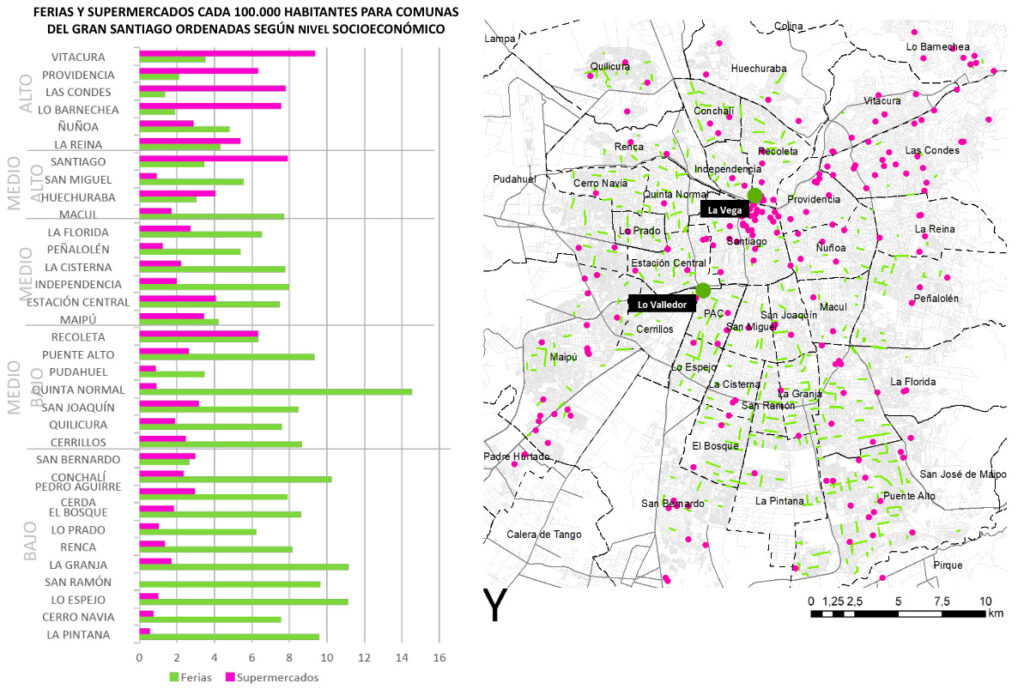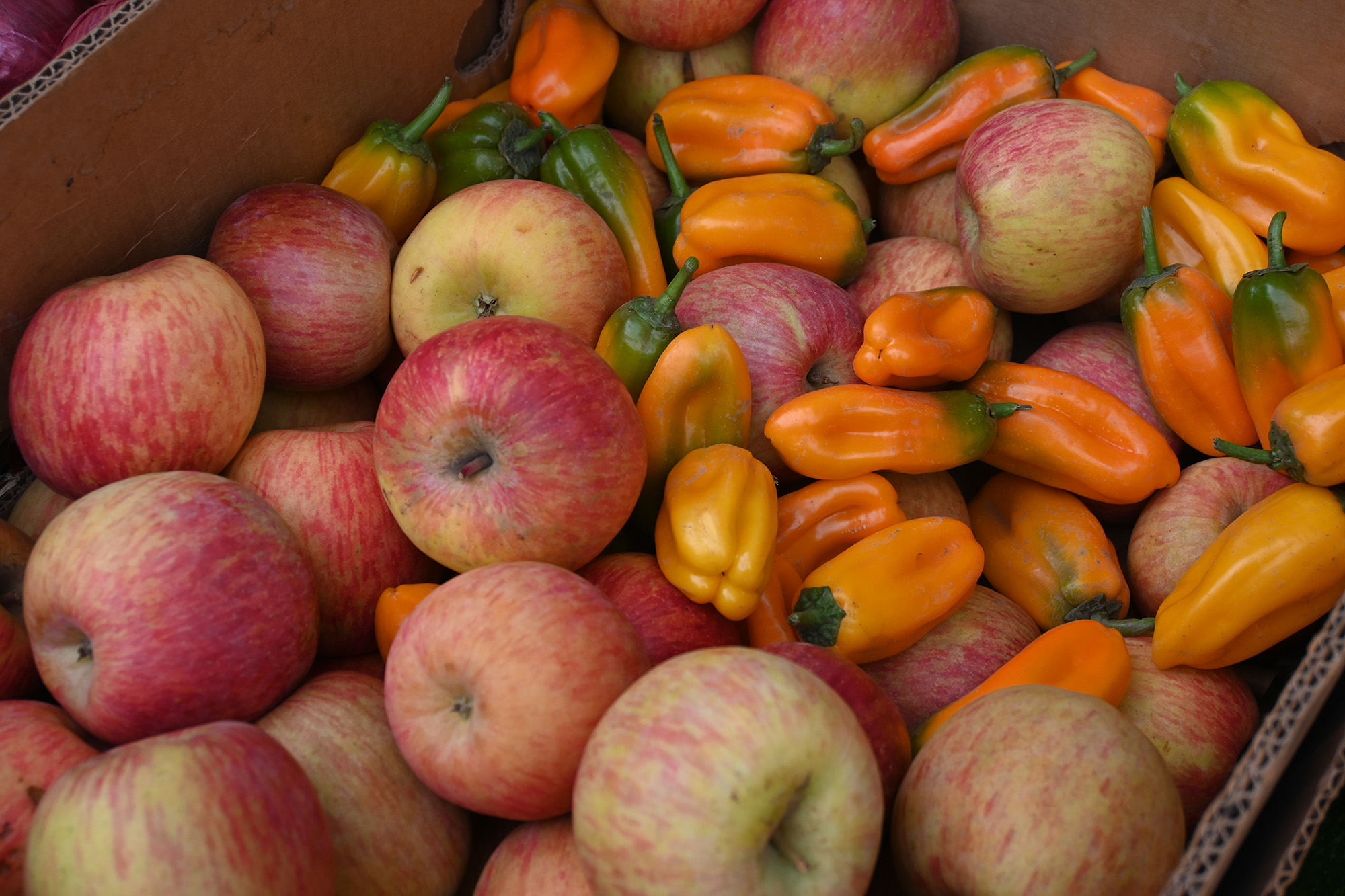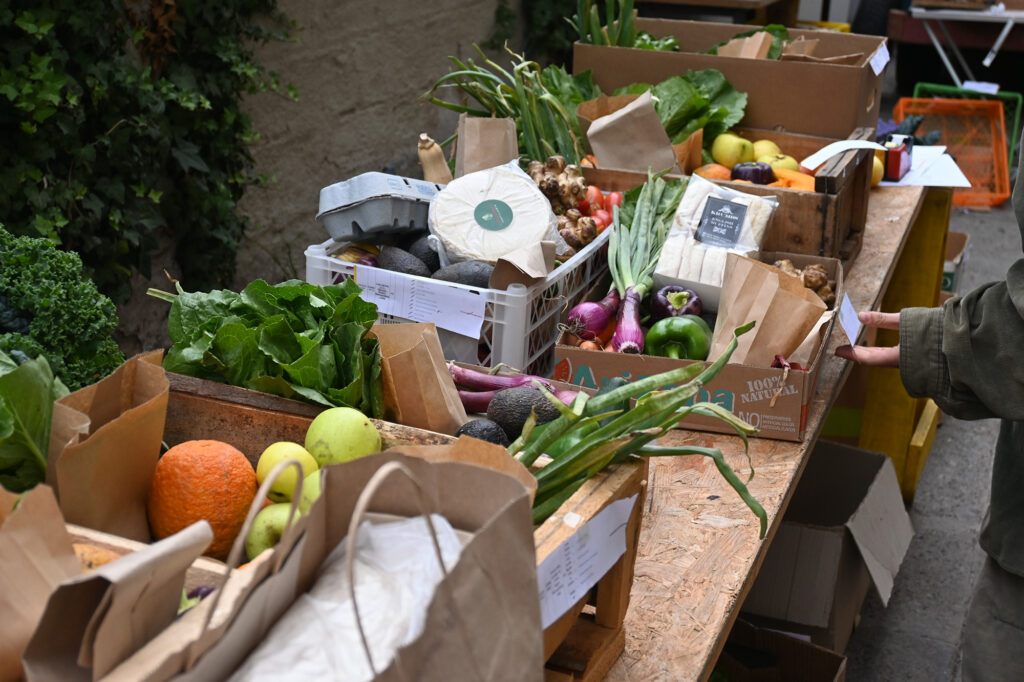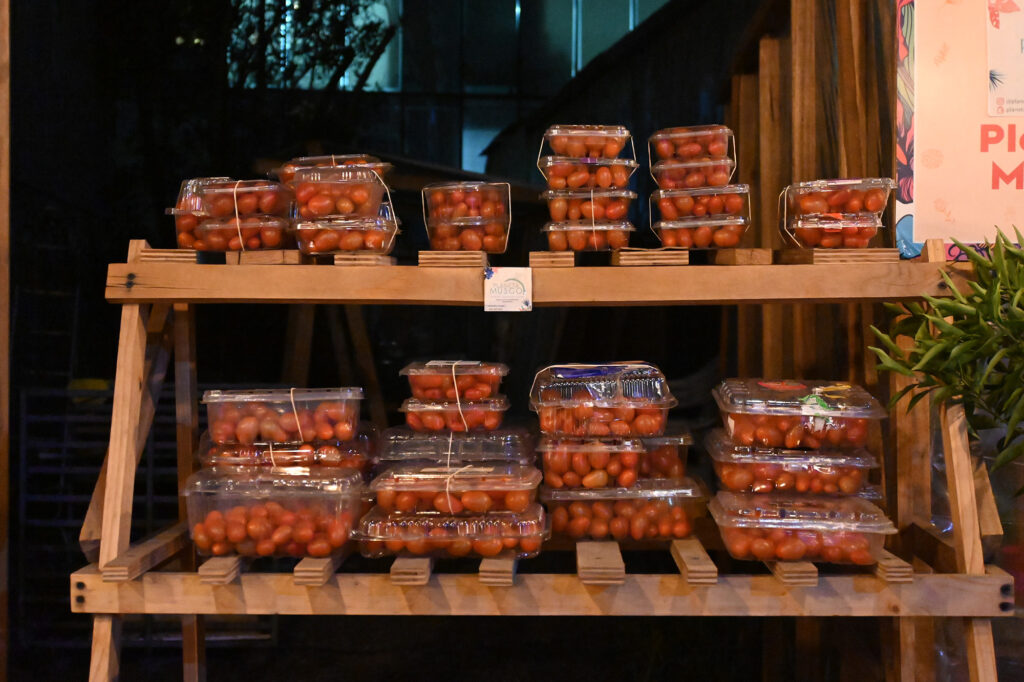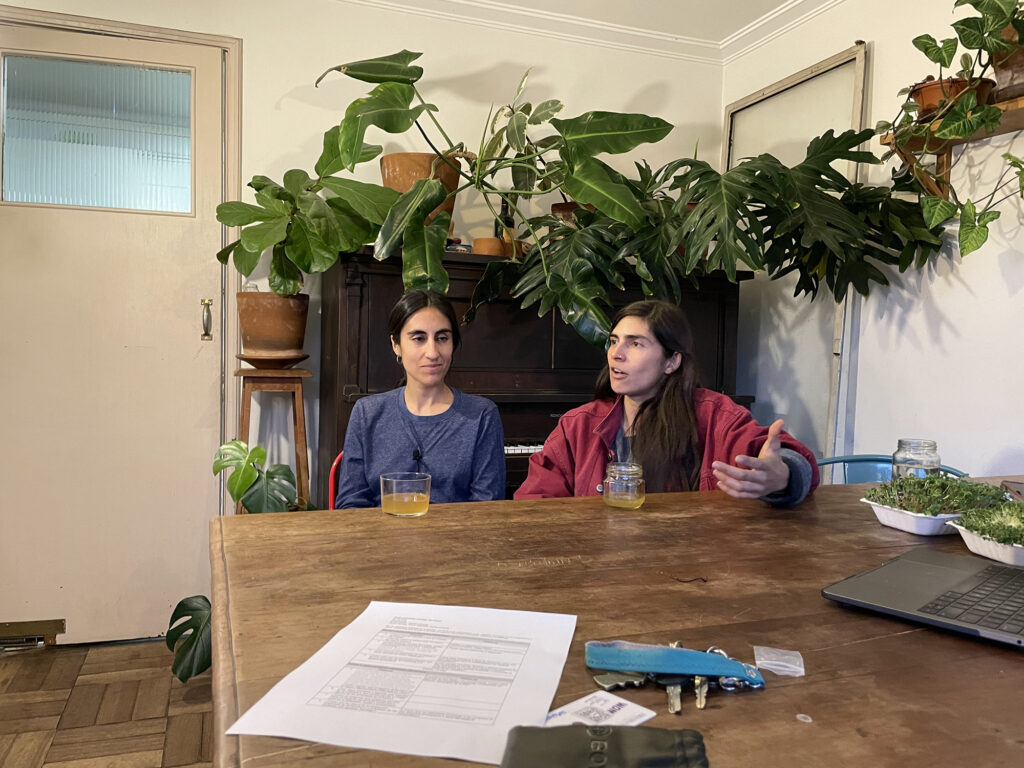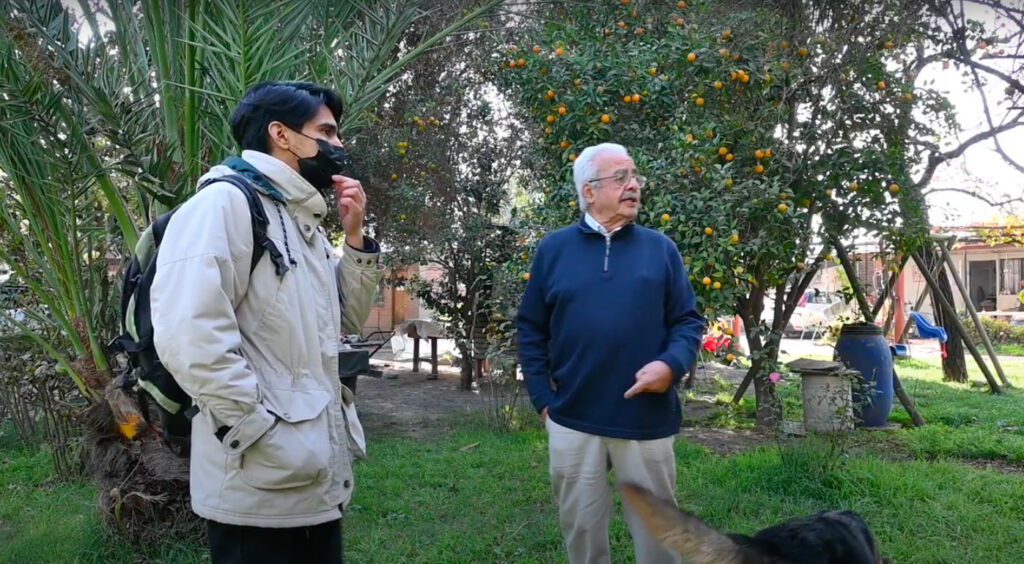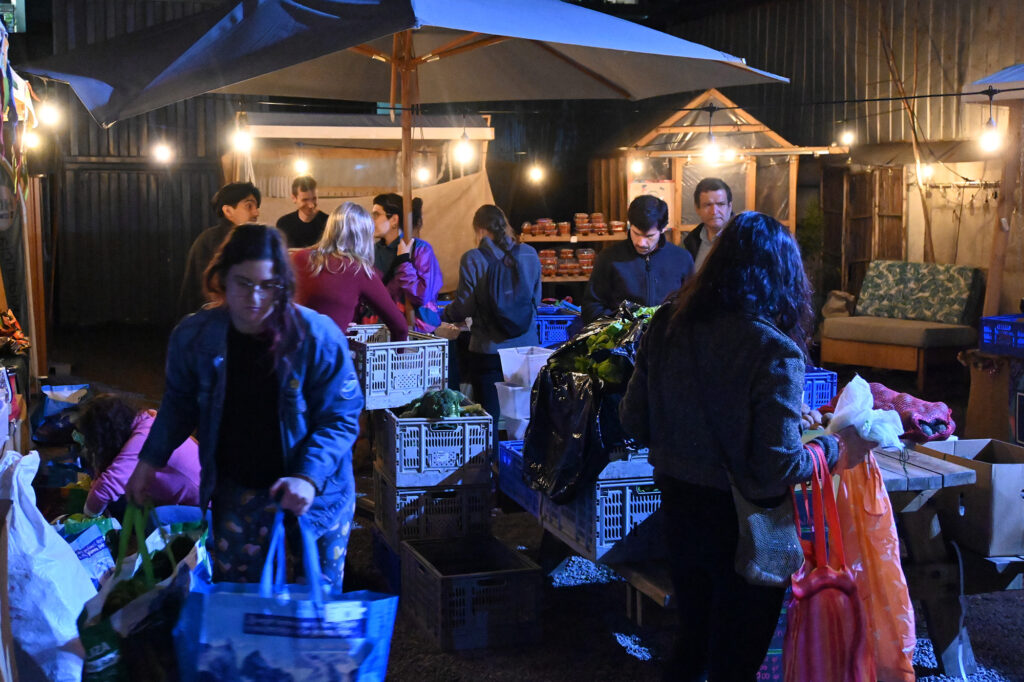Project that seeks to understand and value the contemporary food systems of small and medium scale (family and community systems) of the urban and peri-urban sectors of the Metropolitan Region of Chile.
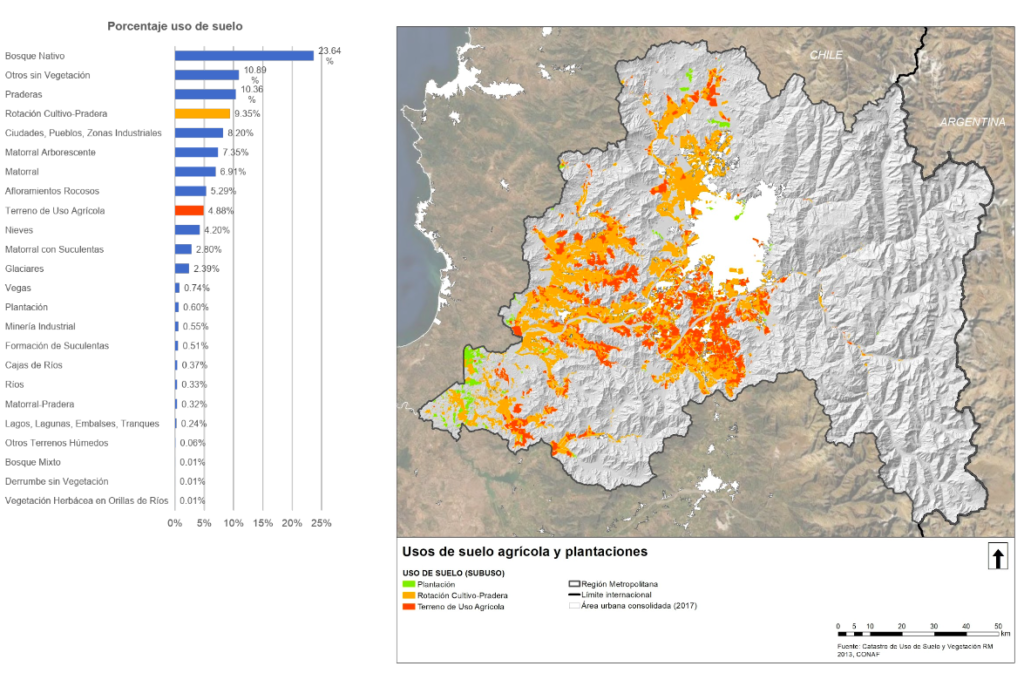
Years: 2020 – 2022
Role:Researcher
Team: Flavio Sciaraffia (Director), Andrés Señoret (Researcher), Manuela Erazo (Researcher) & Yael Berkowitz (Designer).
Financed by the National Service of Cultural Heritage of Chile.
https://sistemaalimentario.cl/
From the heritage point of view, food issues in Chile have been considered mainly from two fronts: 1) culinary anthropology, which values products and preparations throughout our country, and 2) from the agricultural knowledge and worldview of indigenous peoples and the peasant tradition. In this matter, there is a theoretical corpus with a relative development, which has resulted in programs for the protection and promotion of these practices.
At the international level, in 2002, FAO launched the global alliance for the conservation and adaptive management of Globally Important Agricultural Heritage Systems, understanding them as complex systems made up of economic, ecological, technological, technical, cultural, social and aesthetic aspects (http://www.fao.org/giahs/). Chile has had a GIAHS site since 2011: the Chiloé agricultural system. At the same time in our country, in 2018, the Ministry of Agriculture created the National Agricultural Heritage Sites Network (SIPAN), under the GIAHS methodologies, which also includes the High Andean and Cordillera Pehuenche macrozones.
Regarding the dynamics of Urban and Periurban Agriculture in the Metropolitan Region of Chile, there is information compiled in the academic field, in books published from the communities themselves or in mapping and cadasters. Although in some of these texts it is possible to assume the heritage value of these practices through their historical reading and the relationships they weave with peasant and indigenous culture, at the moment neither a category nor an adequate approach has been defined to be able to manage it.
In this sense, this project intends first of all to try to delimit and describe a new subcategory within Food Heritage, to describe processes originated during the 20th century (Modern Heritage), in the tension between urban and rural dynamics, which include political facts (such as the Maza Law of 1941) or demographic facts (such as the rural-urban migration of the mid-twentieth century), to analyze in a multidimensional way (as GIAHS does) the agri-food practices of family and community scale that still subsist in the city of Santiago.
From this point of view, the family and community food systems of Santiago present two relevant moments during the 20th and 21st centuries: The first of them, during the decade of the 40s and 50s, in which through state public policies, territories were created destined to reconcile the working dynamics, typical of the urban, with agricultural dynamics, typical of the rural. This is how the Workers’ and Family Gardens of La Pintana were created, existing to this day, but with a significant level of degradation as a result of public policies aimed at economic gain, such as the change of land use in the master plan of La Pintana in 1994, which resulted in the construction of housing and industrial buildings on agricultural land.
The second moment, starting from the first years of the 21st century, has to do with the recovery of these practices by various communities, weaving a direct relationship with the worker-peasant tradition, and also rescuing some practices of indigenous culture, such as the Trafkintun (seed exchange), and updating them to the themes of sustainability and food sovereignty installed more recently. These communities have a boom in activity between 2013 and 2015, achieving the development of some promotion programs at the local government level, however, to date, they lack a systemic understanding, analysis and management.
